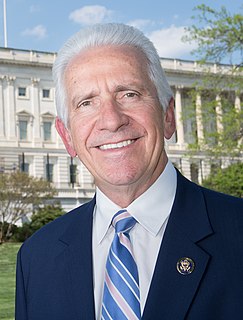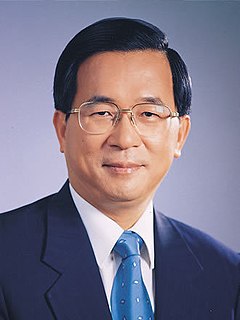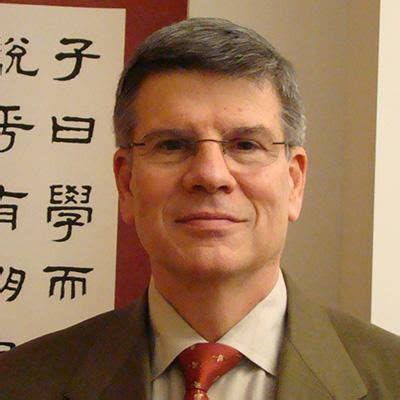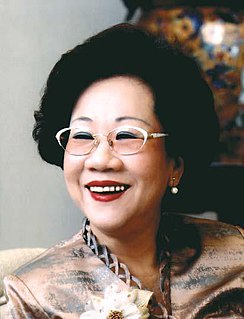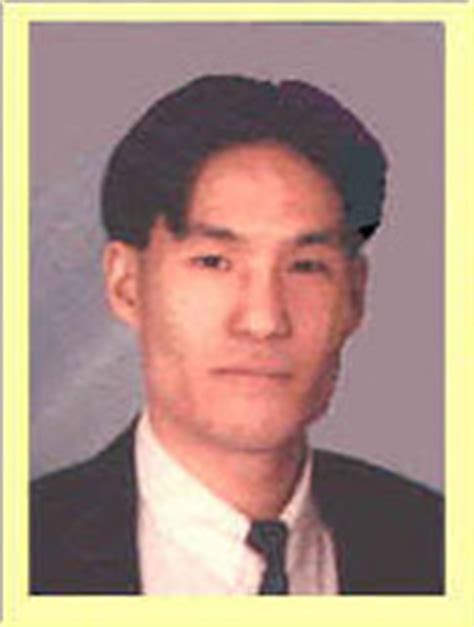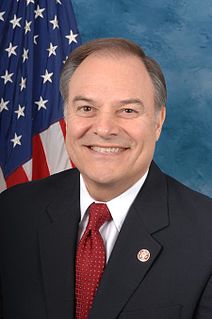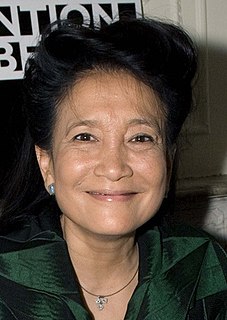A Quote by Margaret Thatcher
It can be argued - and rightly - that Taiwan is not just another regional issue: after all, the Chinese regard it as part of China. But Taiwan is also a regional issue for three reasons. First, the overthrow or even the neutering of democracy in Taiwan, which is what Beijing effectively demands, would be a major setback for democracy in the region as a whole. Second, if the Chinese were able to get their way by force in Taiwan, they would undoubtedly be tempted to do the same in other disputes. And third, there is no lack of such disputes to provoke a quarrel.
Quote Topics
Able
After
Also
Another
Argued
Beijing
China
Chinese
Demands
Democracy
Disputes
Effectively
Even
First
Force
Get
Issue
Just
Lack
Major
Neutering
Other
Overthrow
Part
Provoke
Quarrel
Reasons
Regard
Region
Regional
Rightly
Same
Second
Setback
Taiwan
Tempted
Third
Three
Undoubtedly
Way
Were
Which
Whole
Would
Would Be
Related Quotes
In the short term, it would not have made it possible to resume relations, because in the Chinese mind, the humiliation of China started with the annexation of Taiwan by Japan. If the United States had suddenly declared Taiwan as a separate state - for which we would have had no support among other nations - the consequences would have been giving up our relationship with China and committing ourselves to a long-term conflict with China.
I think that my emergence as a leader is closely related to the development of Taiwan's democracy. Taiwan's democracy was a gradual development. It was done from the bottom up. Therefore a lot of the more successful political leaders come from civil society, those that are closer to the grass-roots level of the public.
I have this idea of a Taiwan Consensus, which means people in Taiwan have to get together and form a consensus of their own and that they turn around to talk to the Chinese to form a cross-strait consensus so we can build a relationship on that consensus. And in my view, that is the right order to do things.
Mike Pence came out and said this was a courtesy call, then Donald Trump a few hours later went on Twitter, as is his wont, and essentially linked the call to Taiwan with a whole series of things he doesn't like about Chinese economic and foreign policies and implied that the U.S. views of the status of Taiwan are now up for negotiation, that he wants them to be part of a broader negotiation with China about a whole series of economic and foreign policy issues. So, we just don't really know what exactly they're planing to do with this.

